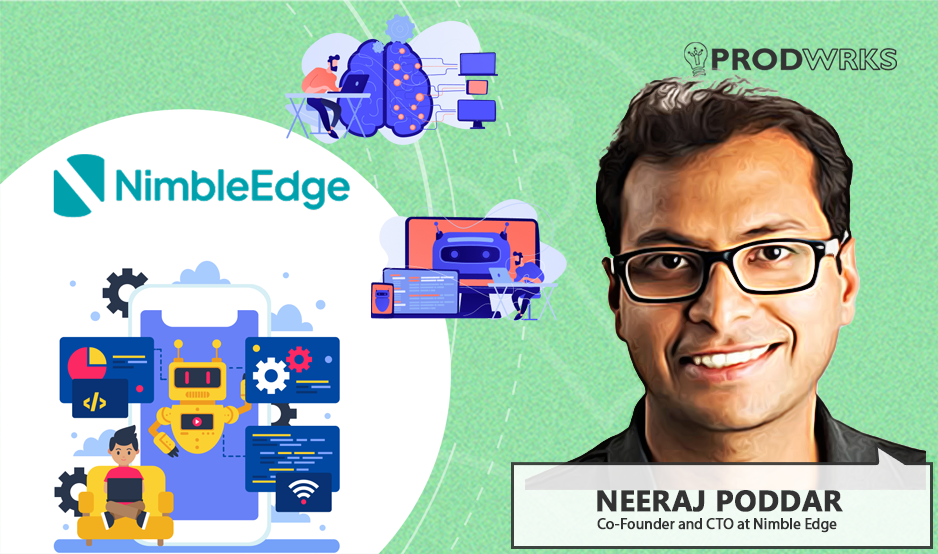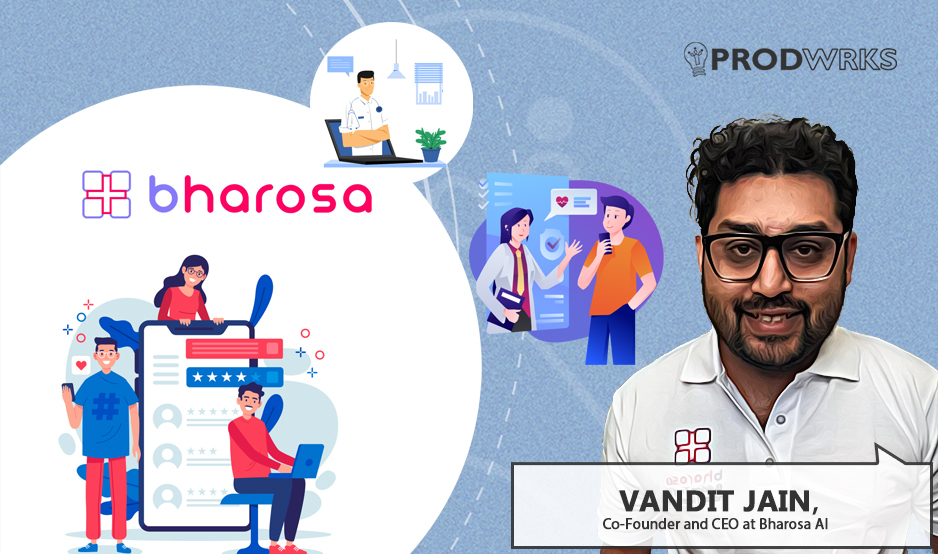
India’s agricultural sector, spanning 156 million hectares and supporting 46.1% of the population, contributes 16% to the national GDP, per the Economic Survey 2024–25. Yet, its reliance on traditional practices has limited productivity compared to global leaders.
Fasal Tech, a Bangalore-based agritech startup, is changing that narrative with Fasal Sense, an IoT-based sensors that monitor farms and empowers farmers to make data-driven decisions to increase productivity and efficiency.
Founded by Shailendra Tiwari and Ananda Prakash Verma, Fasal Tech has deployed around 10,000 Fasal Sense devices in the Indian horticulture landscape. They have raised a total of $19.4 million from investors, including The Yield Lab Asia Pacific, Omnivore, and Navam Capital.
From Accidental Farmer to Agricultural Innovator
Shailendra says, “We did not have the intention to start a company or anything, and we were doing it purely for the fun of it. A friend of ours suggested we grow crops on actual land, which is when we started to run into some challenges.”
“We started enquiring farmers about the methods they follow. Our interactions with one farmer would often lead us to the next. It began out of pure curiosity, with maybe a slight intent that we would try it again and do it better the next time. What we realized was that everyone had a different opinion on how to grow a crop, and each farmer had their own method.”
Shailendra explains, “What fascinated us was the question, ‘why are we not so productive?’ That was the eureka moment for us. We wanted to build something that would help every farmer make the right decisions that would lead to a significant improvement in both the quality and quantity of the produce, while also optimizing costs.”
Bringing Logic and Data to Indian Farming
Despite significant changes in climate, soil conditions, and agrochemical use over the past few decades, most Indian farmers had not adapted to the changes, and farming practices and decisions were still based on outdated methods and “gut instincts” rather than present conditions and ground realities.
- Irrigation: Farmers decide whether or not to irrigate and how much water to use. But with changing rainfall patterns and increased water stress, many still rely on outdated schedules rather than data-driven water management.
- Disease management: They assess whether the crop is infected, which disease it might be, and how to treat it. However, as pathogens evolve and climates shift, traditional identification methods often fall short.
- Pest control: Farmers determine if pests are present and how to respond. But pest behavior has changed with climate variability, and many farmers still use blanket pesticide approaches that are no longer effective.
- Fertilizer application: They decide what fertilizer to use, how much, and when. Yet the condition of the soil has changed over the years, and many continue using fixed routines without testing or adjusting to nutrient needs.
- Climate risk response: Farmers make decisions based on weather and seasonal expectations. But with increasingly unpredictable climate events, relying on gut instinct or historical patterns no longer works.
The common pattern here: Farmers who had been growing crops for years identified patterns over what works and what doesn’t. Based on the accumulation of these experiences, they developed their farming practices.
The Fasal team also looked at the differences in how India and the Netherlands approached farming. In the Netherlands, farming was treated as an industrial process, driven by logic, data, and precision. In contrast, agriculture in India was often based on speculation and traditional practices, with fewer structured processes.
Shailendra explains. “We felt that if there was a way to bring that same logic into Indian agriculture, where farmers could make decisions with greater precision, it could fundamentally shift productivity, where the idea was to move away from instinct-based farming toward a more structured and data-informed approach.”
Enabling Farmers to Talk to Their Crops Through Data
Fasal Tech enables precision decision-making at the farm level using science and real-time data. The product itself is a sophisticated blend of IoT, AI, and agronomy, designed to give farmers precise, actionable advice on five critical decisions: irrigation, disease management, pest control, fertilizer application, and climate risk management.
Its IoT device, Fasal Sense, collects ground-level data from the field. This is combined with satellite and radar inputs and processed through a central model that analyses and interprets the information.
Shailendra explains, “Plants and humans are very similar in their bodily functions as both get sick, thirsty, and hungry. The only difference is that the human being can use language to express what's bothering them, while plants cannot. Our device helps the farmers communicate with their plants and understand their needs.”
Shailendra explains, “Our system is prevention-based. We look for problems before they occur. For example, there is an optimal level of water a plant needs to stay healthy. If that level is maintained, the plant performs better and produces higher yields. What we do is constantly monitor whether the roots have enough accessible moisture in the soil, and adjust recommendations accordingly.”
How Fasal Turns Science into Simple Daily Plans for Farmers
Shailendra says, “We couldn't expect farmers to grasp complex scientific concepts, as that was unrealistic. So instead of explaining vapor pressure deficit or soil moisture levels, Fasal just says, ‘Irrigate tomorrow for the benefit of your crop.’ Farmers don’t need complexity. They need clarity and action.”
For smaller plots, delivering insights was simple since the number of issues was limited. But as they began working with farmers managing larger acres, the challenge shifted to making dense, high-volume data easily digestible.
To solve this, Fasal introduced a color-coded system in their app: “Red” signaled urgent issues needing immediate attention, while “Green” indicated that all was well. This visual approach allowed farmers to scan and prioritise tasks at a glance.
“One of the things we started doing was figuring out how farmers could just look at the screen and interpret what was going on, without having to read through long reports. We wanted them to get to the key issue fast, like knowing which plot needed attention first, without wading through too much text,” Shailendra explains
He says, “We present a timetable for them. That is how you can utilize your best day. So the moment they wake up, they see they have a structure to their day. But think of it in this way that the product is designed in a way that it gets embedded in their lives.”
Fasal has almost 10,000 devices deployed with farms across the country, and surprisingly, nearly 60% of users prefer to use the app in English rather than their local language. Despite assumptions that local languages would dominate.
The value Fasal provides ensures engagement without gimmicks. “This is not a free product. We continue to retain more than 90% of our farmers,” Shailendra notes
Gaining Traction by Focusing on Impactful Crop Regions
“We identified grapes as one such crop and focused on regions like Nasik and Sangli, where most of India’s grapes are grown. We met influential farmers, ran pilots on their farms, and showed them the results. Once they saw the value, they began sharing it within their networks. That’s how we got our first users.”
Building Trust and Proving Value in Traditional Farming Communities
Shailendra explains, “This groundwork was critical, as farmers needed clear evidence before changing long-established practices. Agriculture is a tough segment to enter into as you have to build trust among the community that you have their best interests in mind.”
Shailendra explains, “We are selling frontier technology in remote, challenging environments. Our hardware needs to survive 100 mm of rainfall, five feet of snow, and 50-degree heat. If it fails mid-season, the farmer suffers. That risk meant we had to ensure the technology was not just smart but also rugged and reliable.”



